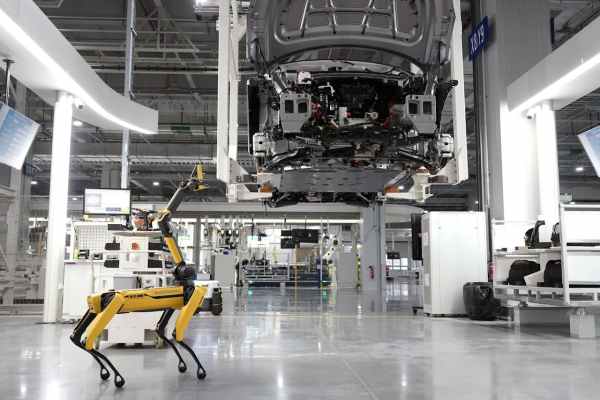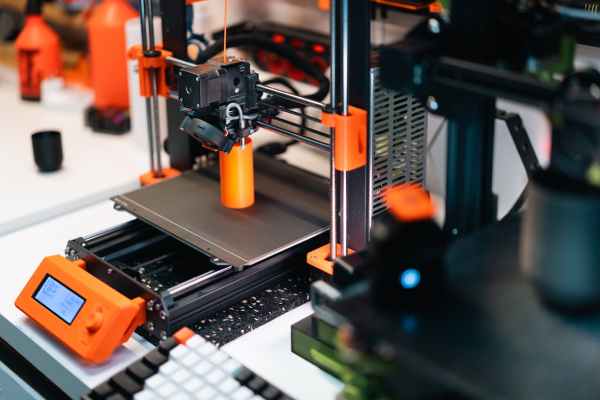Data and Artificial Intelligence help to make decisions by analysing thousands of parameters in the real world and changing elements in the planning, production or distribution processes of Industry 4.0.
Use cases of AI applied to Industry 4.0
Artificial Intelligence applied to Industry 4.0 has a number of potentialities related to different use cases.
In general terms, AI allows companies to improve their performance, optimise processes and increase product quality.
All this because Artificial Intelligence allows the creation of machines and robots with the ability to learn autonomously with the possibility of developing more sophisticated analysis.
Predictive maintenance of industrial assets
The deployment of 5G and the advance of AI allow the massive real-time collection of information with which to propose strategies to predict the health of assets and thus anticipate possible problems in the operation of machinery and optimise its use.
Improving process reliability
Developing analytical models is used to enable the improvement of the quality standards of the manufactured product with real-time information.
Quality control
Thanks to machine learning and continuous analysis, AI makes it possible to detect hidden causes of problems in production so that early identification of problems allows for earlier intervention.
Safety
AI can also help in some sectors to ensure more controlled work and a lower risk of accidents under certain conditions. However, in these cases, cybersecurity comes into play.
Predicting demand in industry
Based on the evolution of consumption or customer behaviour, it is possible to incorporate predictions of market demand.
Generative design
On the other hand, Generative Artificial Intelligence can also help Industry 4.0. Specifically, in the design phase or in the creation of prototypes of physical objects through 3D printing.
Importance of AI in Industry 4.0
As we have seen throughout the potentialities and use cases, AI is of great importance for Industry 4.0 mainly because of its great capacity for real-time data processing and the consequent possibility of making decisions based on this data.
Some of the main advantages of Artificial Intelligence applied to Industry 4.0 are:
– Detection of problems in production. This prevents them from becoming real problems and allows them to be corrected proactively.
– Process optimisation. Thanks to this optimisation, both the reduction of downtime and the improvement of the quality of the final product are achieved.
– Reduction of energy or material consumption. Having the information that allows to reduce both the use of raw materials and energy leads to a decrease in production costs.
– Improved production planning. In this case, being able to rely on data makes it possible to save costs associated with either over- or under-production.
Conclusion
Industry 4.0 is one of the many fields in which the influence of Artificial Intelligence technology can be felt.
In order to continue to improve and make industrial processes more efficient, the advancement of technology in general and AI in particular can be a great ally.








